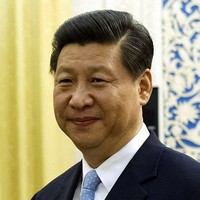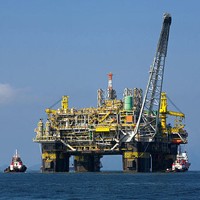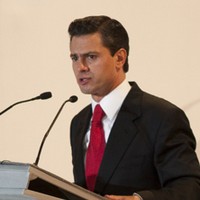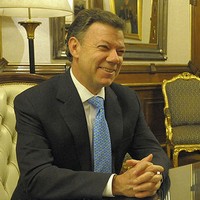
U.S. President Barack Obama’s trip to Cambodia in mid-November was portrayed as a success by the media, marking the first time since the Vietnam War-era bombings in the 1970s that an American president landed in Phnom Penh. However, Cambodian Prime Minister Hun Sen’s smiles for the camera hid the reality of a tense private meeting in which Obama pressed Hun Sen on human rights concerns. It didn’t help that during the Association of Southeast Asian Nations (ASEAN) summit meeting preceding Obama’s visit, Cambodia undermined ASEAN’s often-claimed political unity for the second time this year by blocking a joint position on […]










